Planning a space project and bringing it to fruition is no mean feat for anyone, even Elon Musk. At La Garenne we have our own budding space exploration team, led by 14 year old Mathieu. The team recently built a Space Balloon on their own initiative and launched it into space, with fascinating results. We asked Mat how the project started:

“I've always been fascinated about Space. As a kid I always dreamt of sending something into space, or somehow getting myself into space. A few months ago I was speaking to a friend of mine when we came up with an idea to launch a weather balloon to space. I discussed it with Adam Jozef [Head of Secondary School] and he said he was in to help us.”
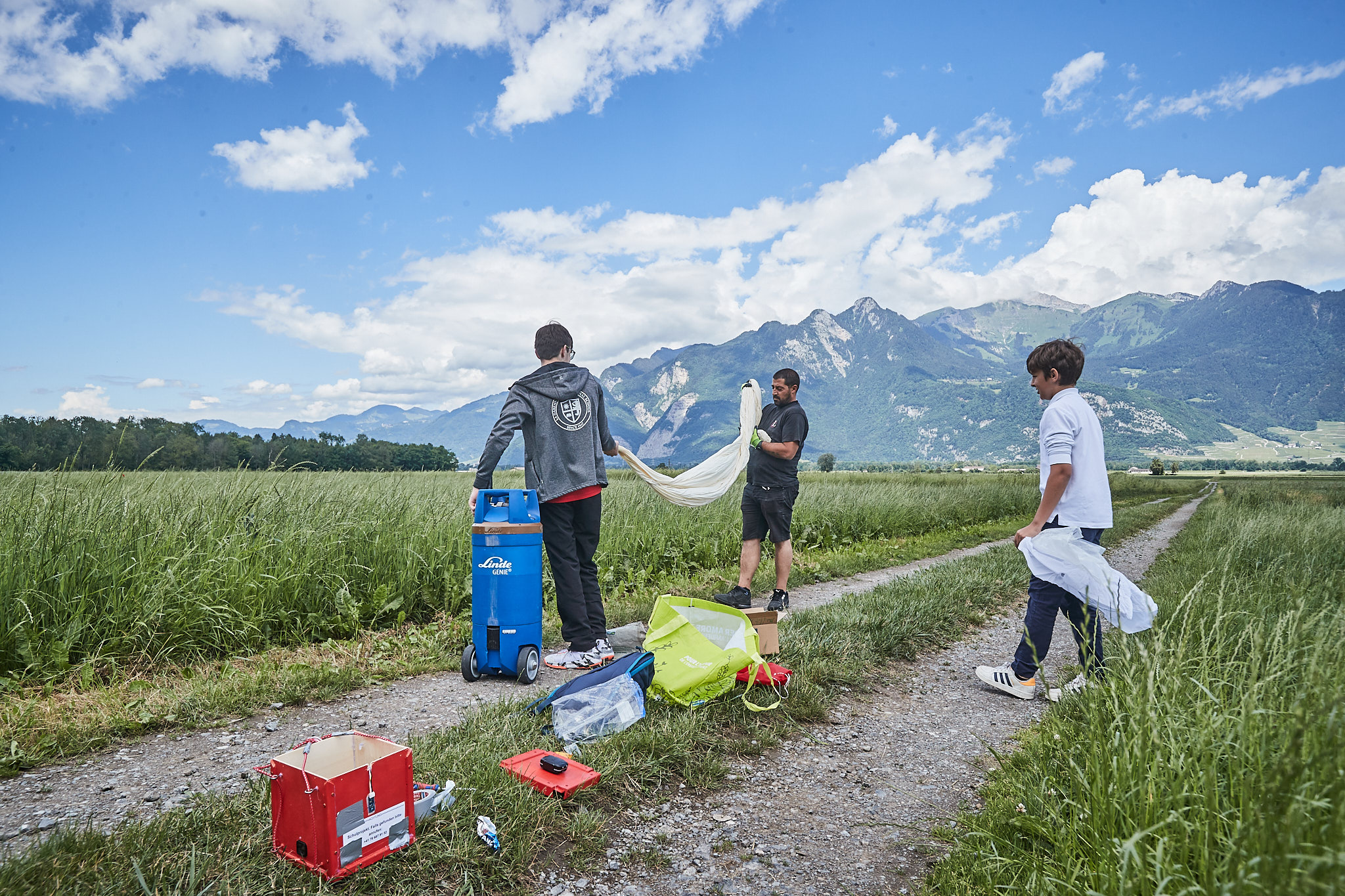
How did you go about putting the plan into action and what was your aim?
“We started by buying the balloon, and the parachute, along with the module that records data. I then built a mini computer which was then put in the craft which would use a LTE/4G antenna to stream back live video from the craft. We then streamed the footage back to my computer and onto Youtube for everyone to see. Our aim was simple. We wanted to learn as much about space as we could, and, of course, get some good footage of space!”
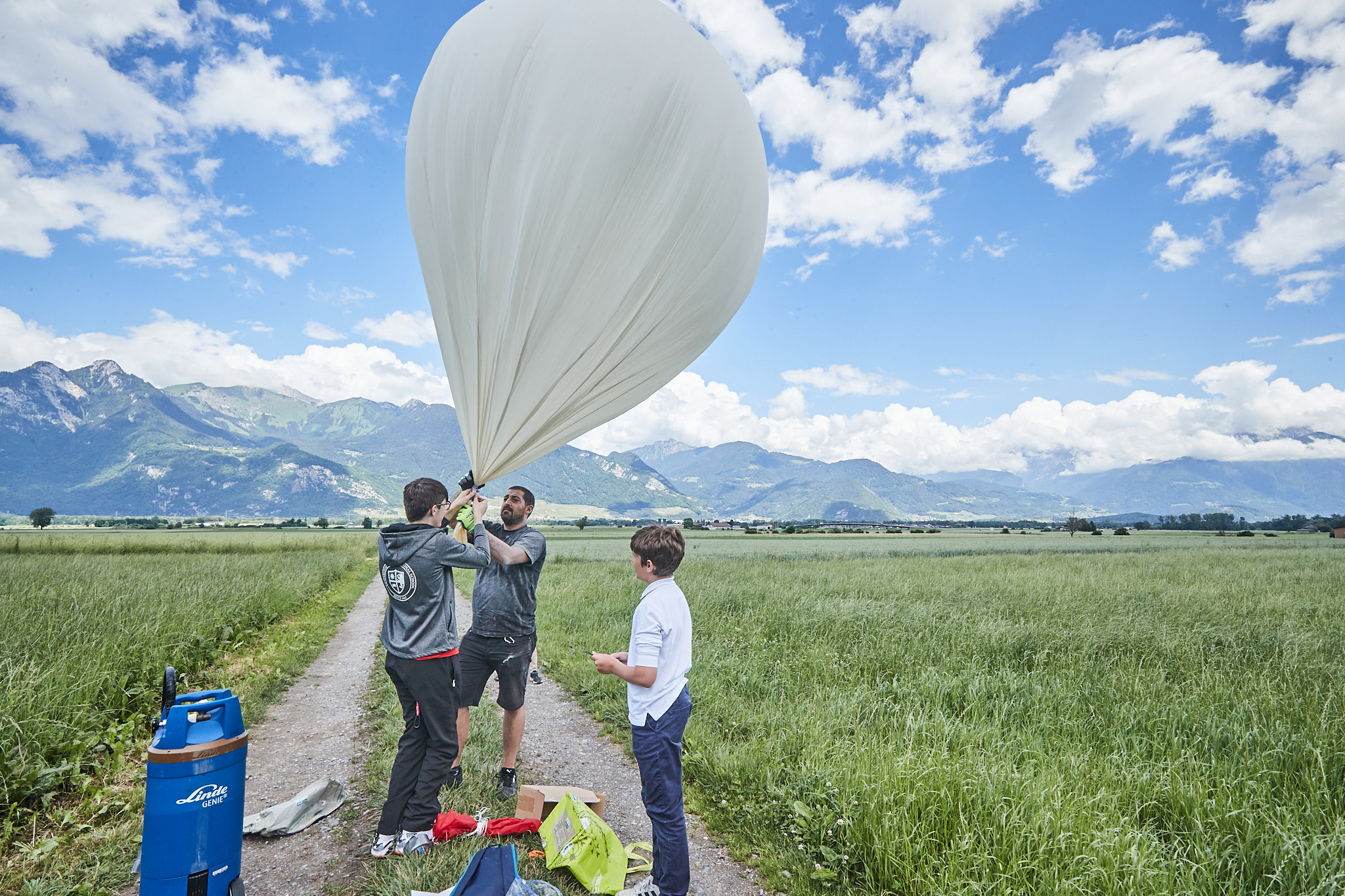
What sort of balloon is it and how do you track it?
“The balloon is able to go up to 36'000 metres, but we aimed for 35'000 metres, as it was too complicated otherwise. We bought a GPS Tracker that uses satellite communication to find its position to track the balloon, and I must say it worked very well. We got updates on the whereabouts of the balloon every 5 minutes, which allowed us to pinpoint its location for us to go retrieve it and get all the footage back.”
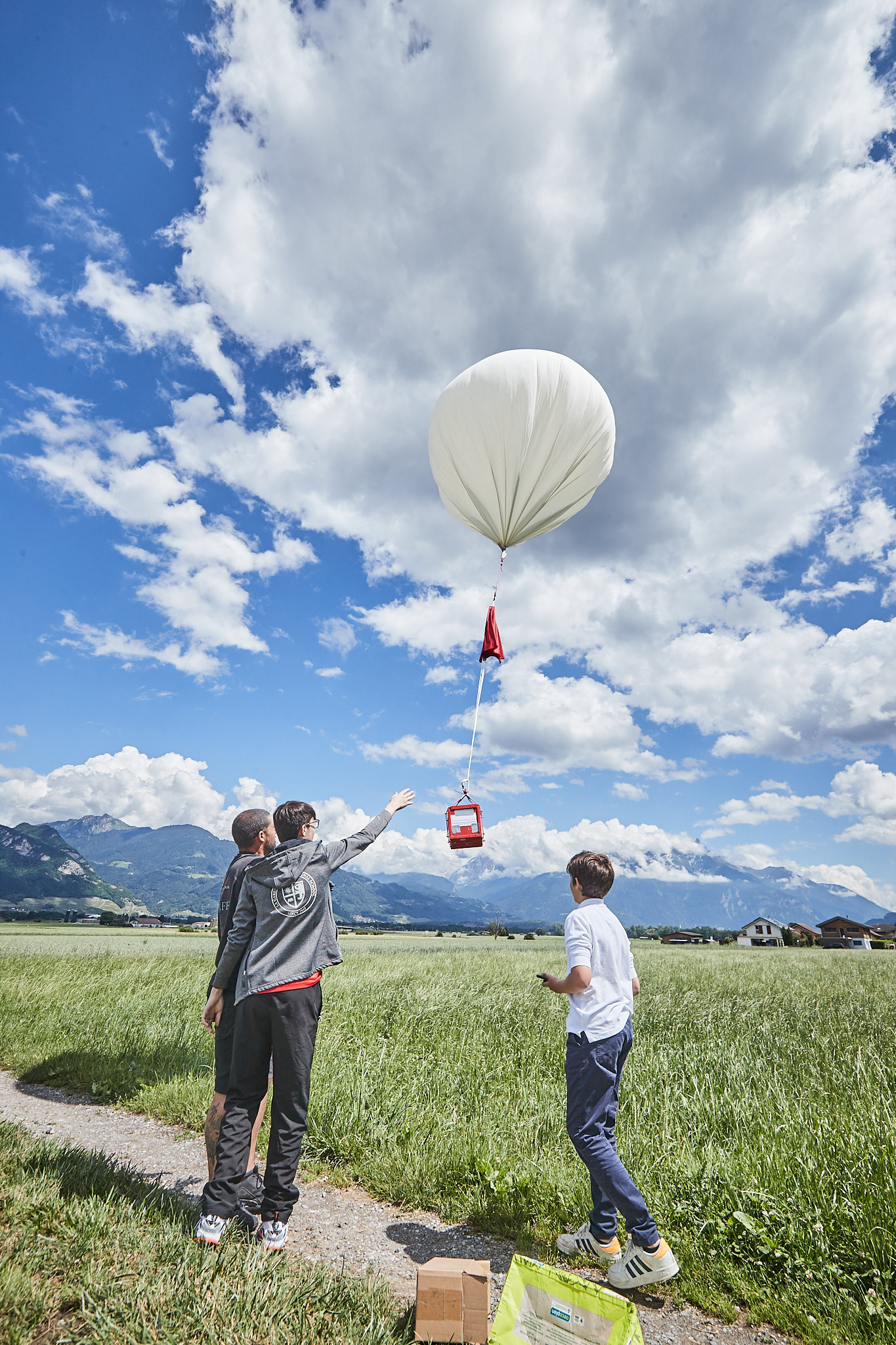
So what happened when you sent the balloon into space?
“Unfortunately, things didn't go according to plan. Our balloon slightly drifted off course and ended up in Italy, yet to be retrieved. The GPS has given us the coordinates of the box, now we need to find a time to retrieve it.”

What has the team learned from this incredible experiment?
“This is an experience not just for the team but for everyone to find out about our world and how it works. We are hoping that in the future when we retrieve the data, we are able to show it along with the footage for everyone to see. Our mission was focused on the data and the footage, so those are the two most important things that I wish to recover. The last thing now to do is drive to Italy and go get the box, hopefully that goes well.”
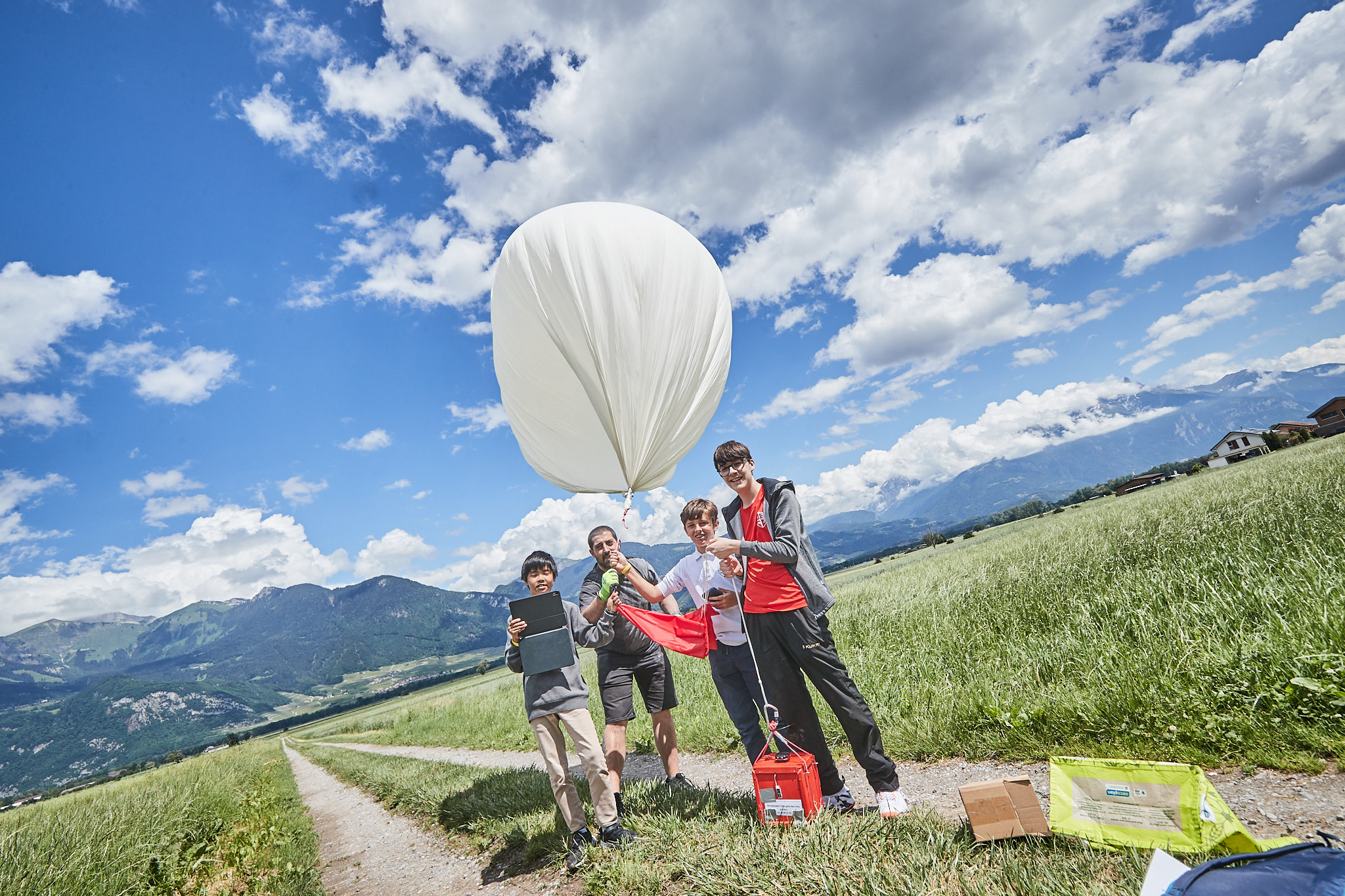
How do you feel about the project as a whole and what are your plans for the future?
“I must say I am very proud of the team that has worked to make this possible. We worked hard for 2 months to make sure everything went well, and although it landed in Italy, I am still very happy about the way things turned out. It was a lifelong dream for me to send something to space. I hope to inspire other people to do the same and to launch their own balloons to space.”
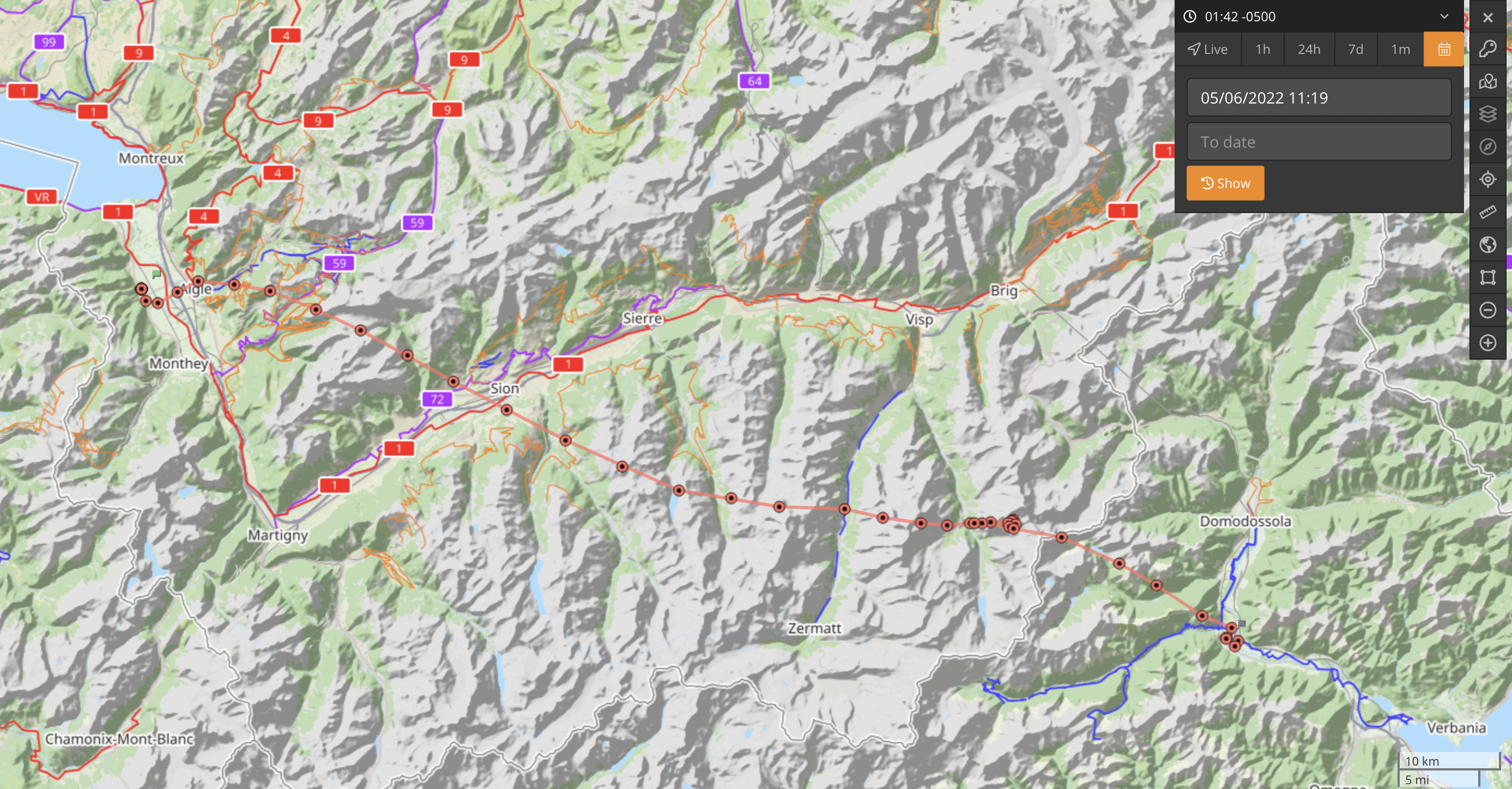
We’re all very proud of Mat and his team. This was a brilliantly well planned and well executed project and we are all on tenterhooks for the final outcome. Congratulations to everyone involved and never, never, never give up!